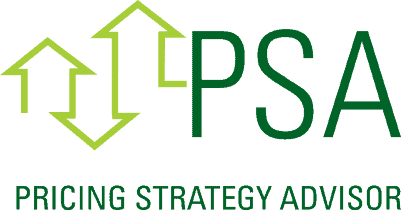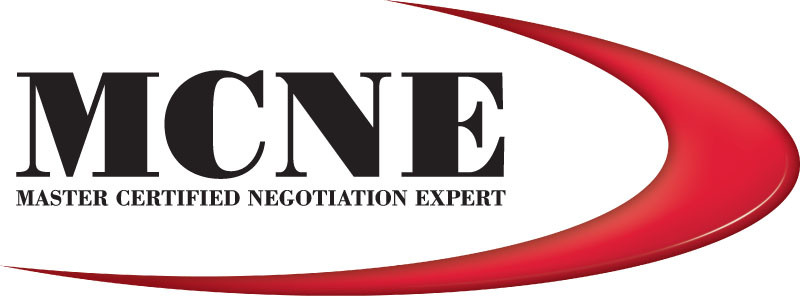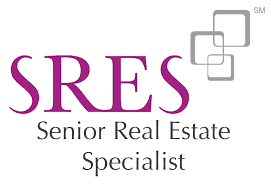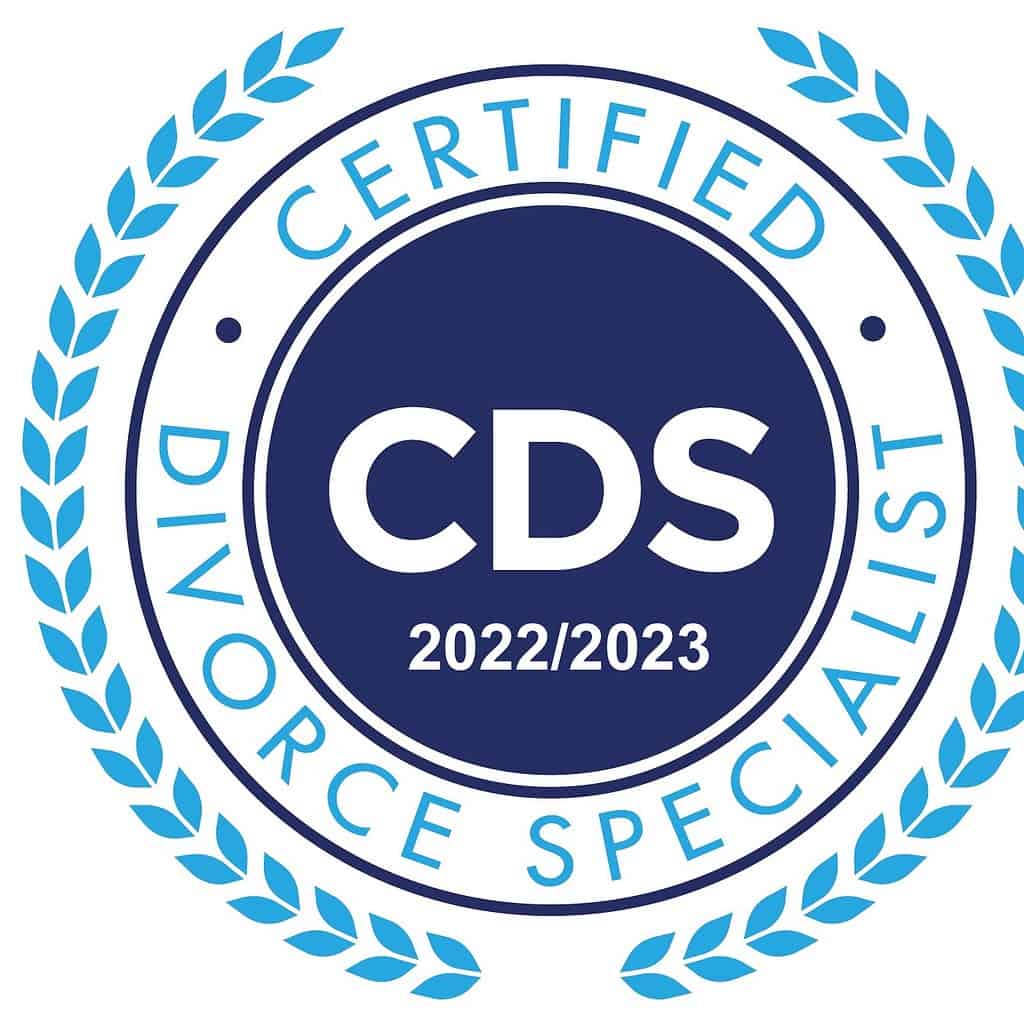Things To Know When Getting Ready To Buy A Home

Understand Your Budget And Financing Options
Understanding Your Budget and Financing Options
When it comes to buying a home, one of the most important factors to consider is your budget and financing options. This is an essential step in ensuring a smooth and successful home buying process. To help you make informed decisions and avoid potential pitfalls, we have outlined some key points to consider when it comes to understanding your budget and exploring financing options.
Determine Your Financial Boundaries:
Before you start browsing homes or even contacting a real estate agent, it is crucial to have a clear understanding of your financial boundaries. Assessing your current financial situation will help you determine how much you can comfortably afford to spend on a home. Consider factors such as your income, existing debt, and monthly expenses. It is recommended to work with a financial advisor or use online tools to calculate an accurate estimate of your maximum home buying budget.
Save for a Down Payment:
One of the most common financing options when buying a home is securing a mortgage. However, it is important to note that most conventional mortgages require a down payment, which is a percentage of the home’s purchase price paid upfront. Saving for a down payment should be a priority when preparing for homeownership. The higher your down payment, the less you will need to borrow, reducing the overall cost of your mortgage. Aim to save at least 20% of the home’s purchase price, as this will allow you to avoid private mortgage insurance (PMI) and qualify for more favorable loan terms.
Research Mortgage Options:
Once you have determined your budget and saved for a down payment, it’s time to explore the various mortgage options available to you. Mortgages come in different types, such as fixed-rate mortgages, adjustable-rate mortgages, and government-insured loans. Each type has its own features and benefits, so it’s essential to research and understand the pros and cons of each. Consider consulting with a mortgage broker or lender to discuss your situation and find the mortgage that best suits your needs.
Get Pre-Approved for a Mortgage:
Getting pre-approved for a mortgage is a smart move before you start house hunting. Pre-approval involves a lender reviewing your financial information and providing a conditional commitment to lend you a specified amount of money. Having a pre-approval letter in hand gives you a clear budget to work with and shows sellers that you are a serious buyer. This can give you a competitive edge in a tight real estate market. It is important to note that pre-approval does not guarantee final loan approval, as factors such as the appraisal and title search can still impact the process.
Consider Other Financing Programs:
In addition to traditional mortgages, there are various financing programs and assistance options available that can make homeownership more accessible. These programs range from first-time homebuyer programs to low or no down payment options. Research local, state, and national programs that may be applicable to your situation. These programs can offer lower interest rates, reduced down payments, and even grants to assist with closing costs. Understanding and exploring these alternative financing options can potentially save you significant money and make buying a home more affordable.
In conclusion, understanding your budget and financing options is crucial when preparing to buy a home. By determining your financial boundaries, saving for a down payment, researching mortgage options, getting pre-approved, and considering alternative financing programs, you will be well-equipped to navigate the home buying process with confidence. Remember to consult with professionals, such as financial advisors and mortgage brokers, to ensure you make informed decisions that align with your financial goals and aspirations of homeownership.
Determine Your Must-Haves And Deal Breakers
Once you’ve made the decision to buy a home, it’s important to determine your must-haves and deal breakers. This step is crucial in your home buying journey as it helps you stay focused, narrow down your options, and make a more informed decision. Knowing what you’re looking for in a home can save you time, money, and frustration in the long run. Here are some tips to help you determine your must-haves and deal breakers:
1. Create a wishlist: Before you start browsing listings or visiting properties, take some time to create a wishlist of features and amenities that are important to you. Consider the number of bedrooms and bathrooms you need, the size of the yard, the location, and any specific features like a garage or a swimming pool. Think about your lifestyle and what will make your daily life more comfortable and convenient. This will give you a clear idea of what you’re looking for and help you stay focused during the search process.
2. Prioritize your must-haves: Once you have your wishlist, it’s time to prioritize your must-haves. These are the non-negotiable features or aspects that you cannot compromise on. For example, if you work from home, having a dedicated home office might be a must-have. Or if you have a large family, the number of bedrooms might be a top priority. Rank your must-haves in order of importance to ensure you don’t get swayed by less important factors when evaluating potential homes.
3. Identify your deal breakers: In addition to your must-haves, it’s equally important to identify your deal breakers. These are the things that you absolutely cannot live with or in. It could be a noisy location, a specific layout that doesn’t suit your needs, or a property that requires extensive repairs you’re not willing to make. Knowing your deal breakers will help you eliminate properties that don’t meet your minimum requirements, saving you from wasting time and energy on unsuitable options.
4. Consider your future plans: When determining your must-haves and deal breakers, it’s essential to consider your future plans. Are you planning to start a family or accommodate aging parents? Will your job require you to commute, and if so, what is your tolerance for travel time? By considering your future plans, you can ensure that the home you choose meets your needs for years to come. It’s important to strike a balance between what you need now and what you anticipate you’ll need in the future.
5. Be adaptable: While it’s important to have a clear idea of your must-haves and deal breakers, it’s also vital to remain adaptable. Sometimes, during the home buying process, you might discover new possibilities or compromises that you hadn’t considered before. Being open to change and adjusting your expectations can lead you to find a gem that meets most of your requirements, even if it’s not a perfect match. Flexibility can help you find a home that fulfills your needs and brings you joy.
As you embark on your home buying journey, taking the time to determine your must-haves and deal breakers will be a valuable exercise. It empowers you to make informed decisions, stay focused, and find a home that truly suits your lifestyle and future plans. Remember, buying a home is a significant investment, and knowing what you want and don’t want will guide you towards making the right choice.
Research The Housing Market And Neighborhoods
When you decide to embark on the journey of purchasing a home, there are several important factors to consider. One of the first steps you should take is to thoroughly research the housing market and neighborhoods in the areas you are interested in. This meticulous research will ensure that you make an informed decision and find the right home that meets your needs and preferences.
Understanding the housing market is crucial when it comes to making a wise investment. Begin by looking into the current trends, including whether it is a buyer’s or seller’s market. A buyer’s market means there are more homes listed for sale than there are active buyers, giving you more negotiating power. Conversely, in a seller’s market, there are more buyers than available homes, making the competition fierce and potentially raising prices.
To gain an understanding of the market, you can consult various reliable sources such as real estate websites, local newspapers, and even real estate agents specializing in the area. They can provide you with valuable insights into average property prices, recent sales, and overall market conditions.
In addition to the housing market, researching the neighborhoods you are considering is equally important. Each neighborhood has its own unique characteristics, amenities, and attractions that may be significant to your lifestyle and preferences.
Consider factors such as proximity to schools, hospitals, shopping centers, parks, and public transportation. Safety and crime rates are also vital considerations, as you want to ensure that you and your family will feel secure in your new home. Take note of any future development plans in the area as well, as they may affect property values and quality of life in the long run.
To gather information on neighborhoods, you can start by exploring online resources, such as neighborhood review websites and community forums. These platforms often provide detailed insights into the characteristics and experiences of current residents.
It is also recommended to physically visit the neighborhoods you are interested in. Take the time to walk around, explore the local shops, and talk to residents if possible. This firsthand experience will give you a better sense of the atmosphere, cultural diversity, and overall livability of the area.
Additionally, do not underestimate the power of networking. Reach out to friends, family, and colleagues who may have lived or currently live in the neighborhoods you are considering. They can provide invaluable personal experiences and insights that might not be found elsewhere.
Ultimately, thorough research of the housing market and neighborhoods will equip you with the knowledge needed to make an informed decision. It will allow you to narrow down your options and focus on areas that align with your preferences and lifestyle. By taking the time to gather information and weigh your options carefully, you will be well-prepared to find the perfect home that meets both your short-term and long-term needs.
Engage With A Reliable Real Estate Agent
Engaging with a reliable real estate agent is one of the most crucial steps when getting ready to buy a home. A knowledgeable and experienced agent can provide invaluable guidance and support throughout the entire home buying process, making it a smoother and more successful experience for you. Here are a few important things to consider when engaging with a real estate agent:
1. Expertise and Local Market Knowledge:
Working with an agent who has a deep understanding of the local real estate market is essential. They should be familiar with the neighborhoods you are interested in, and possess insight into the current housing trends, property values, and market conditions. This knowledge will help you make more informed decisions about where to buy and what to expect during negotiations.
2. Access to Listings:
A reliable real estate agent will have access to a wide range of property listings, including both on and off-market homes. They can help you find properties that match your specific criteria, saving you time and effort in the search process. By working with an agent, you can gain access to new listings before they hit popular online platforms, giving you a competitive advantage in a hot market.
3. Help with Negotiations:
Negotiating the purchase price of a home can be a complex and challenging task. A skilled real estate agent will have experience in negotiating deals and can help you obtain the best possible price for your new home. They can also advise you on other negotiation aspects, such as contingencies, repairs, and closing costs, ensuring that your interests are protected throughout the process.
4. Connections and Recommendations:
A reliable real estate agent will typically have a network of trusted professionals in related fields, such as mortgage brokers, home inspectors, and real estate attorneys. These connections can be tremendously helpful when it comes to ensuring a smooth and successful home buying experience. Your agent can provide you with recommendations for these services, helping you assemble a team of reliable professionals to assist you in the process.
5. Guidance and Support:
Buying a home can be an emotional journey filled with ups and downs. A trustworthy real estate agent can provide you with emotional support during the highs and lows of the process. They can guide you through each step, answering your questions, addressing your concerns, and providing objective advice based on their expertise. Having someone in your corner who genuinely cares about your best interests can greatly reduce stress and uncertainty.
6. Contract and Documentation:
The purchase of a home involves a significant amount of paperwork and legal documentation. A reliable real estate agent will ensure that all the necessary contracts and forms are completed accurately and in a timely manner, saving you from potential pitfalls or legal issues. Their attention to detail and knowledge of the process can help prevent costly mistakes and delays.
In conclusion, engaging with a reliable real estate agent is a crucial step when getting ready to buy a home. Their expertise, local market knowledge, access to listings, negotiation skills, connections, guidance, and support can make a significant difference in your home buying journey. Take the time to find an agent who is reputable, trustworthy, and compatible with your needs, and you’ll greatly increase your chances of finding the perfect home and achieving a successful purchase.
Marty Gale
Buy or Sell with Marty Gale
"Its The Experience"
Principal Broker and Owner of Utah Realty™
Licensed Since 1986
CERTIFIED LUXURY HOME MARKETING SPECIALIST (CLHM)
PSA (Pricing Strategy Advisor)

General Contractor 2000 (in-active)
e-pro (advanced digital marketing) 2001
Certified Residential Specialist 2009

Certified Negotiation Expert 2014

Master Certified Negotiation Expert 2014
Certified Probate Specialist Since 2018

Senior Real Estate Specialist

Certified Divorce Specialist CDS

Contact me!


